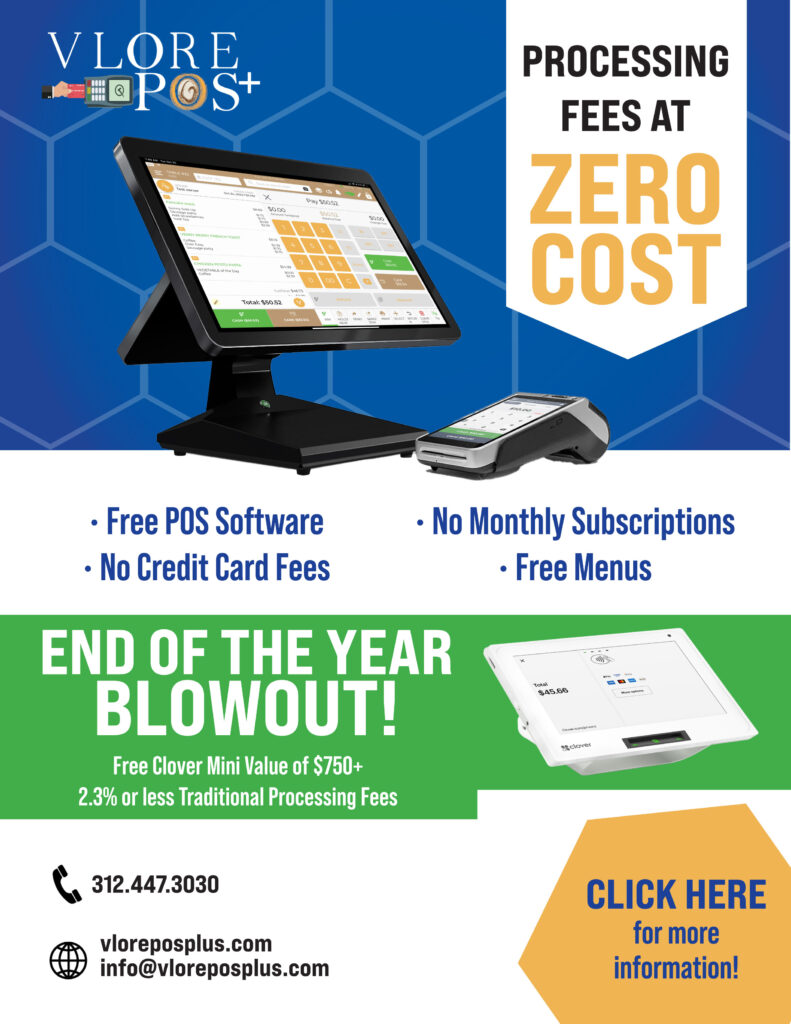Manage Your Perception
Posted by estiator at 11 May, at 00 : 28 AM Print
It may be cliché, but it’s true nonetheless: Perception is reality. You may be the most earnest, selfless, trustworthy, hardworking, well-intentioned person on the planet, but if you give the impression of being in it for yourself, then that becomes your truth. Like it or not. After all, no one has a window into your thoughts, so it’s your outward appearances that people read to form their opinion of you.
The same goes for your business. It doesn’t matter if you have a kitchen that’s so clean you can eat off the floor – if your ceiling tiles are dusty and your bathroom has paper towels on the floor from the guest that just used it, then the perception will be that your restaurant is dirty. No, it’s not fair, but this is how it works. So the challenge, then, is to make sure that you are always managing how others perceive you. In this example, the perception could have been managed by routinely inspecting ceiling tiles, and making sure that bathrooms are checked at least twice per hour. (Weekly checklists are a great tool to use to keep up the appearance and condition of your physical plant. Those checklists can include everything from condition of your awnings to the number of burned out light bulbs in your dining room.)
Perception, however, is not limited to things. Behaviors that your guests observe also help them to form perceptions about you and your business. Again an example: You may be a great boss, but if a guest observes you disciplining an employee, the impression could be that you are a cruel slave driver. You can have a great health plan, vacation pay, profit sharing and flexible schedules but if you yell at a server in front of customers, that will become your truth.
And to finish the point, perception is not limited to how you project yourself while managing a shift; it also extends to how your brand is perceived. The best marketing strategies focus on brand perception that help the public form their opinion of your business. Newspaper ads promoting holiday reservations don’t do have much benefit in the way of long-term brand perception. Sure, they serve a purpose: you want to fill your restaurant for Mother’s Day, so you place an ad. But aside from the visibility, it does little to advance your brand.
The best marketing strategies have a purpose to them. For example, if I wanted to sell my restaurant I would take out ads in Estiator that showcase its best qualities. I would have lots of color photos, have language that highlights our best culinary offerings, include the date that the business was established to suggest longevity and long-term success, etc. In this way, I am managing my perception to maximize the value of my business in the eyes of a prospective buyer. So too with prospective customers. The best brand-focused marketing identifies your establishment with what you do best. It could be that you use the finest farm-to-table ingredients; it could be that you offer incredible value; it could be that you have the trendiest chef in the area… You want to brand those things that set you apart from the competition.
Another important consideration when you are managing your perception by promoting your brand is the choice of platforms for your marketing efforts. Local television ads may be perfect for local luncheonettes or small diners, but they may backfire for upscale eateries that are attracting a higher ticket customer. That customer may view locally-produced spots as sub-standard. And if you are trying to command top dollar for your menu offerings, you wouldn’t want to be associated with anything sub-standard. To the question “What is the right platform for my marketing campaign?”, there is no right or wrong answer. You simply must understand your own brand and focus on managing the perception in a way that brings you your desired results.
If all of this has you scratching your head, here is something to keep in the back of your mind: You may have a completely different perception of your brand than your customers. Talk to them to understand what it is they see when they look at your business. Find out what they like best about your business. Find out what marketing formats catch their eye – billboards? print ads? website banners? Facebook ads? radio spots? television commercials? You don’t have to hire a focus group, just talk to people. From there it’s just connecting the dots!
Related Posts
-

23 February at 11 : 27 AM 0
Grecian Delight | Kronos Foods launch integrated website
-

22 May at 13 : 55 PM 0
Θλίψη για τον θάνατο του επιχειρηματία, ευεργέτη και αγωνιστή Ευριπίδη Κόντου
















